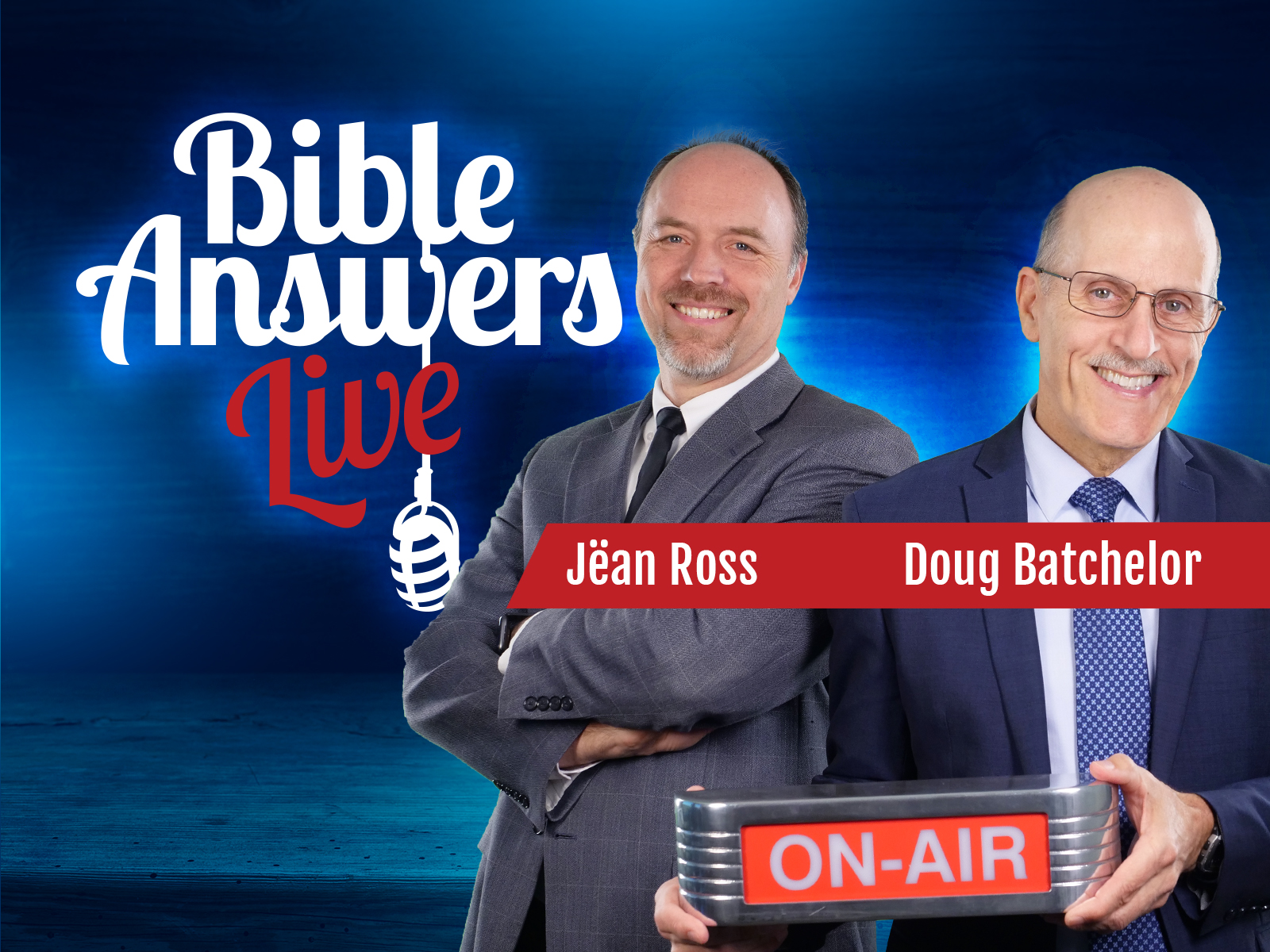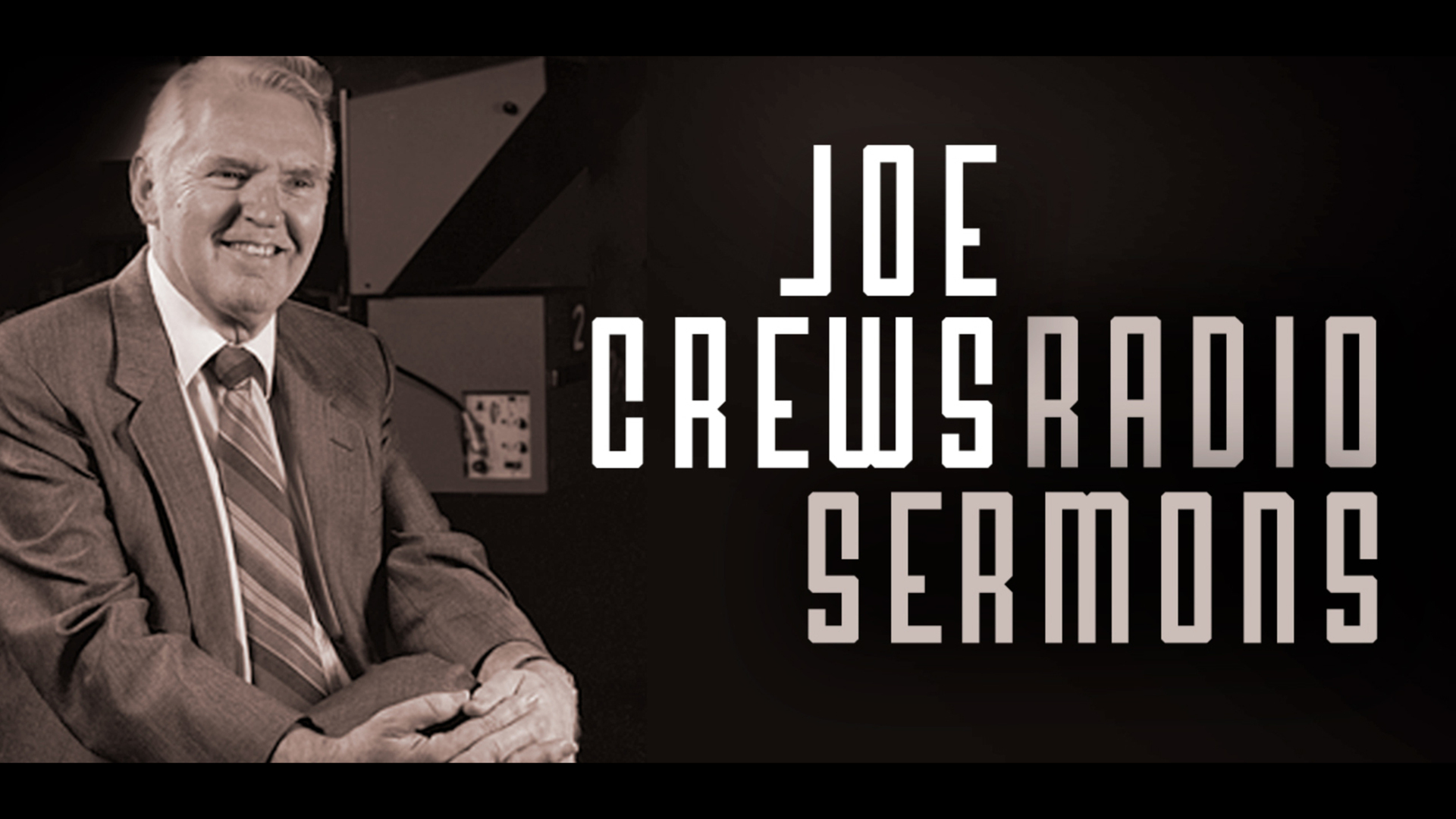Study guides, radio sermons, biblical discussions and more
Listen
Featured Audio
-

Please explain what the second death is spoken of in the book of Revelation
Revelation chapter 20 says that death and hell were cast into the lake of fire…
-

Is the Devil in Charge of Hell?
Well? Does God really keep the devil on His payroll as the chief superintendent of…
-

Hearing Voices, Pt. 2
Can we hear God’s voice? How does God communicate with us? If we have an…
-

From Cover to Cover – Jesus in All the Bible, Pt. 1 – Abraham
From beginning to end, find Christ throughout the entire Bible ! In this episode, explore…
-

Three Thousand Years Ahead
Many people who have attacked the Bible have thought it would sink into oblivion under…
Featured Audio Series
Listen to Amazing Facts Radio
Now you can enjoy listening to the everlasting gospel 24/7 through our Internet radio station. The Amazing Facts Radio stream is free and features more than 2,500 audio programs and clips. Night or day, just visit us here and seamlessly listen to Pastor Doug Batchelor and other featured speakers without having to turn knobs on your radio.

Christian Audiobooks
More Audio Series
Bible School
The world-renowned Amazing Facts Bible School will help you know God’s Word better than ever.


























